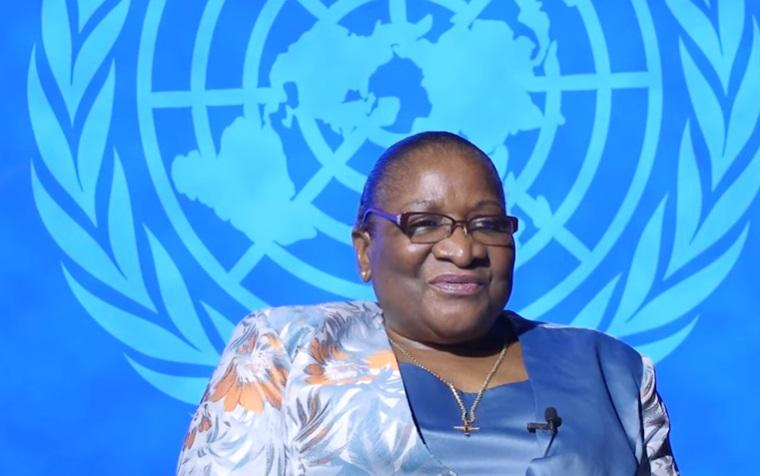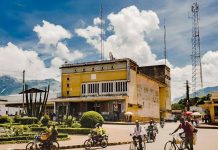Africa-Press – Mozambique. The Mozambican Minister of Foreign Affairs and Cooperation said on Wednesday that the evolution of the situation in Cabo Delgado has been “very positive”, praising the resilience of the population and soldiers.
In an interview with Lusa at the United Nations in New York, Verónica Macamo explained that the “modus operandi of terrorism” makes it impossible to make a concrete assessment of the future, but the “evolution is very positive”.
“We have to keep battling, keep working. Therefore, our soldiers and children have to continue to resist, with the allied forces, until we manage to defeat terrorism”, said the Mozambican Minister of Foreign Affairs and Cooperation.
“We believe that with the effort being made by our soldiers, police but also with the help of the SADC [Southern African Development Community] and Rwanda, we will effectively manage to fight”, the insurgents successfully, said Veronica Macamo, welcoming “some successes on the ground”.
The insurgency in Cabo Delgado has been one of the issues under consideration in bilateral meetings of the Mozambican head of diplomacy with leaders of other countries at the United Nations (UN).
The diplomatic meetings are also focused on “economic diplomacy, so that effectively [countries] can choose Mozambique as a destination for their investment,” said the leader, who has been in New York since 18 September.
Verónica Macamo Dlhovo said that Mozambique has “excellent conditions” and, despite the “problem in a limited area of Cabo Delgado, limited to some districts,” this “does not prevent investments from taking place.
According to Macamo, international leaders have shown confidence and support, based on the results of the cessation of hostilities agreement between the Mozambican government and RENAMO, signed in 2019, and the demilitarisation, demobilisation and reintegration programme of former RENAMO guerrillas.
Verónica Macamo detailed that this is “a process that contemplates the handing over of weapons, but also the creation of conditions so that the guerrillas can integrate in the best way in the community and cease to be out of the conviviality with the other citizens.”
“We have also received support to allow these programmes to flow,” the minister added, highlighting international aid in the country’s development and the fight against terrorism.
“The terrorists have caused in Cabo Delgado a very large number of displaced people, so an unprecedented emergency. We have more than 800,000 people to feed, to take care of, to look after,” who have left “due to the gravity, due to the brutality with which the terrorists act on the ground,” she told Lusa.
“It would be very complicated with our resources,” she said, stating that Mozambique needs “a lot of help” at a time when reconstruction is estimated at US$300 million (280 million euros).
The minister for Foreign Affairs and Cooperation added that, with stabilisation and the gradual disappearance of violence, the hundreds of thousands of displaced people want to return, but Cabo Delgado is facing the destruction of infrastructure.
“Our big problem now is the reconstruction of those areas, because the terrorists destroyed the water system, the school system, the health system, the electricity system and are also destroying other infrastructures even linked to the public administration,” described the head of Mozambican diplomacy, arguing that the populations have to return to “living conditions.
AAccording to the Mozambican authorities, therding to the Mozambican authorities, the armed conflict between military forces and insurgents in Cabo Delgado has caused over 3,100 deaths, according to the ACLED conflict registration project, ad over 817,000 people have been displaced.
Since July, an offensive by government troops with support from Rwanda later joined by the Southern African Development Community (SADC) allowed for an increase in security, recovering several areas where there was rebel presence, including the town of Mocímboa da Praia, which had been occupied since August 2020.






